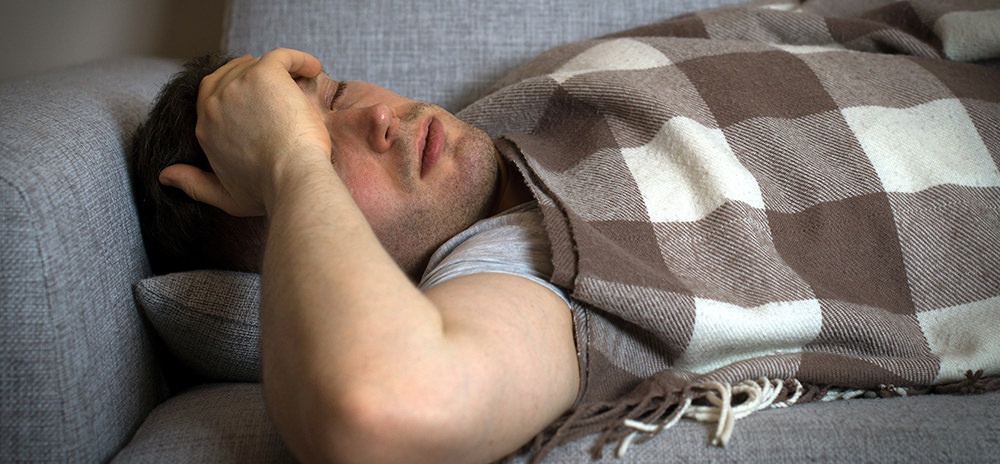Are Your Morning Headaches Telling You Something?
Do you wake up in the morning with a headache?
If you can’t link the thumping in your head to a big night watching the All Blacks, it might be your body’s way of trying to tell you something.
As soon as you emerge from your slumber, you should feel rejuvenated and well-rested. If a headache is literally the first thing that pops into your mind, you should be assured that a headache is not a normal way to start your day!
Headaches, specifically the ones that hit as soon as you wake in the morning, are a very common symptom of sleep apnea and other sleep disorders[1].
People who have sleep apnea without treatment can experience headaches in the morning due to the strain the condition puts on your body and the interrupted sleep[2]. Sleep apnea partially or completely blocks your airway during sleep, meaning the amount of oxygen being transported to your brain is heavily reduced. As well as those nasty morning headaches, this lack of airflow can also put you at risk for serious conditions such as high blood pressure, heart attack and stroke.
If you’re not raring to go and seize the day when you wake up because a hammering headache is setting you back, it’s likely time to seek professional advice. Thankfully, there are a range of treatment options available and you’ll be waking up with a clear mind before you know it!







Comments